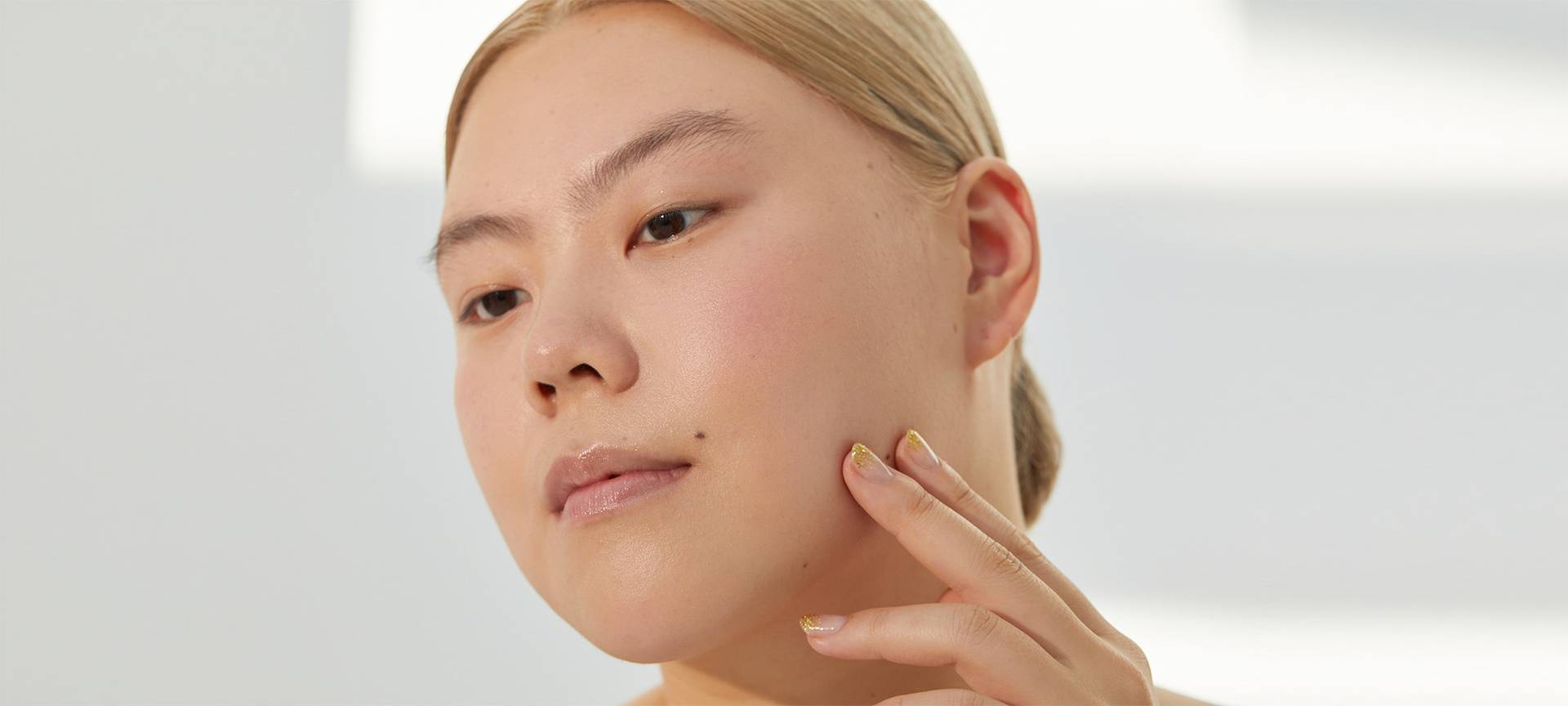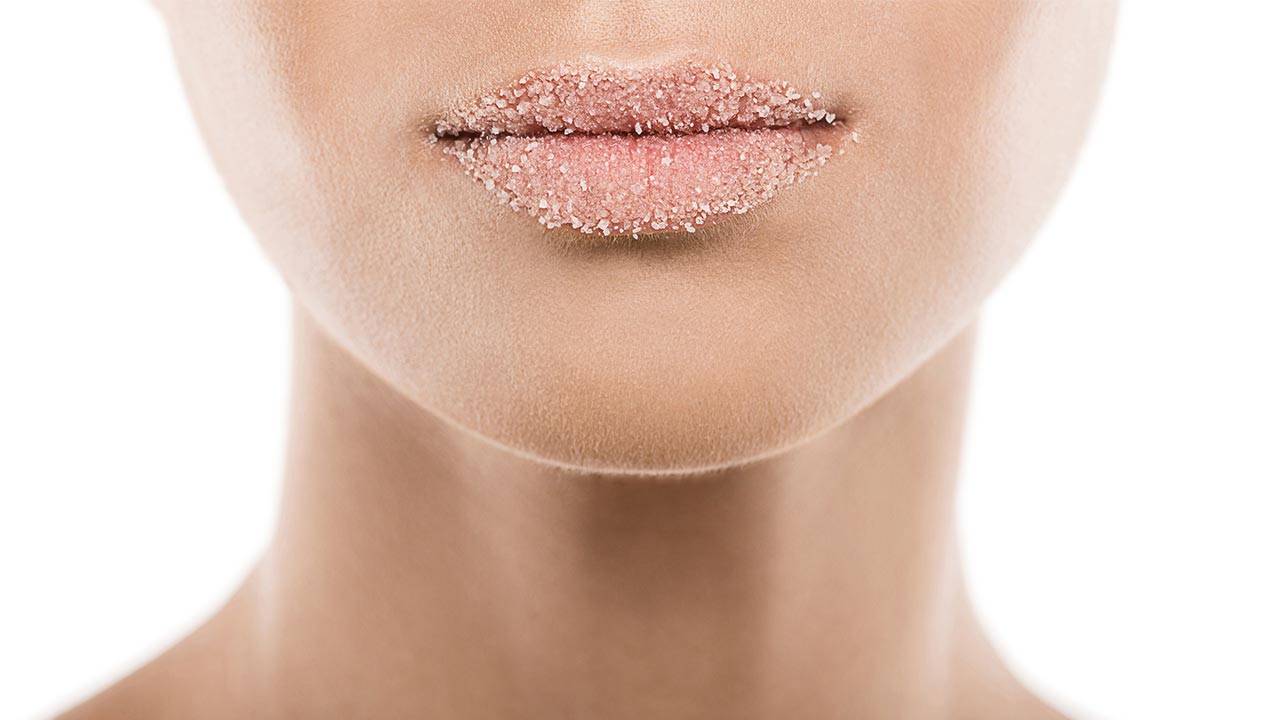
One could argue that vitamin C, retinol and hyaluronic acid are the holy trinity of skin care ingredients and you would likely be right. Vitamin C and retinol have transformative abilities when used correctly over time and can help to reduce the appearance of pigmentation, increase surface cell turnover, tackle visible fine lines, according to the National Center for Biotechnology Information. While hyaluronic acid is a holy grail hydrator and can benefit all skin types.
Juggling these three ingredients in your routine and using them correctly definitely takes some skill and experience to figure out what works best for your skin. We reached out to Dr. Erin Gilbert, NYC-based board-certified dermatologist and L’Oréal Paris consultant, to get her expert guidance on using vitamin C, retinol and hyaluronic acid together.
Read on as we break down these three stellar ingredients and share how to use them simultaneously in your routine.
Featured Products
Skip the slider: New _Shop Product
RevitaLift
10% Pure Vitamin C Serum
Buy online
Revitalift Derm Intensives
1.5% Pure Hyaluronic Acid Serum
Buy online
Revitalift Derm Intensives
Night Serum, 0.3% Pure Retinol
Buy online
What Does Vitamin C, Retinol and Hyaluronic Acid Do for the Skin?
Before we get to how to use them in a routine together, let’s get into the nitty-gritty and break down these three ingredients to highlight their known benefits for your skin.
Vitamin C
You’ve likely heard of vitamin C and you may even use a serum with it in your morning routine. “Vitamin C is a powerful antioxidant that also reduces the appearance of hyperpigmentation and contributes to collagen synthesis,” says Gilbert. Additionally, vitamin C helps to provide environmental protection and neutralizes free radicals that can damage skin, per the NCBI.
Retinol
According to the NCBI, retinol effectively slows the skin’s aging process and is often touted as a good option for mature skin, but that’s not all. “Retinol, or retinoids as a broader group, increase the rate of skin surface cell turnover, resulting in the skin looking smoother. It can also improve the appearance of discoloration,” Gilbert advises. All skin types can benefit from retinoids as long as your skin can tolerate it.
Hyaluronic Acid
If you have dry skin, you can probably attest to what a wonderful addition hyaluronic acid is to your skin care routine. “Hyaluronic acid is a sugar known for its hydrating benefits. It is a great addition to any skin care regimen either alone or in addition to a moisturizer for drier skin,” Gilbert continues.
Can I Use Vitamin C, Retinol and Hyaluronic Acid Together?
The short answer is yes. The longer answer is it may depend on the formulation and it can take some trial and error, especially with vitamin C and retinol.
“There are multiple myths surrounding the do’s and don’ts of using vitamin C and retinoids. Layering the two, for example, was thought to result in a zero-sum game in that they ‘deactivated’ each other due to the optimal pH at which they function. All retinoids were also thought to be reduced in efficacy by UV light [which is] not so,” Gilbert advises. “The current understanding is more about the tolerability of both since either in excess can cause irritation. Trial and error is always my answer. There is no hard and fast rule since there is so much variability in how sensitive people’s skin is.”
An easy way to incorporate all three ingredients into your skincare routine is to find a product that is formulated with all three. For your morning routine, we love the L’Oréal Paris RevitaLift Triple Power Day Lotion SPF 30.
This day cream includes vitamin C, Pro-Retinol (a retinol derivative) and hyaluronic acid, to visibly reduce the appearance of wrinkles, firm and brighten the skin while offering sun protection in a single product. Think of it as simplicity at its finest and you get the benefits of all three ingredients in one stabilized formulation with less chance for irritation.
Alternatively, the L’Oréal Paris RevitaLift Triple Power Anti-Aging Overnight Mask contains the same vitamin C, Pro-Retinol and hyaluronic acid formulation for your nighttime routine. This product is an overnight mask that has the consistency of a lightweight moisturizer with a non-greasy finish that makes it suitable for all skin types. Sensitive skin types can opt for the L’Oréal Paris RevitaLift Triple Power Anti-Aging Moisturizer Fragrance-Free, which offers the same benefits and ingredients as the overnight mask in a fragrance-free formula.
How to Use Vitamin C, Retinol and Hyaluronic Acid in the Same Routine
Another way to incorporate these three ingredients into your routine is with serums. “A simple (and rational) approach is to use a vitamin C serum during the day and a retinoid at night,” Gilbert advises. We know that vitamin C is a common ingredient in many morning routines — and for good reason — it helps protect against free radicals that can lead to skin damage. “Your vitamin C works to scavenge free radicals presented to your skin during the day in the outside world.”
Alternatively, retinoids are a common nighttime ingredient, again, for good reasons because they can make your skin more sensitive to sun exposure and their effectiveness is reduced with sun exposure, according to the NCBI. “Your retinoid can then be used at night and titrated to the right frequency to avoid too much irritation and dryness. Moisturizing over retinoids or mixing them with a moisturizer often helps in the first few weeks of use when your skin is getting acclimated to it,” Gilbert continues.
“I generally tell patients to apply their vitamin C or retinoid first to a clean face, then their
hyaluronic acid. she advises. “You always want the most active ingredient to be applied first as long as you can tolerate it without too much irritation. Note that anything you apply on top of an active will dilute it slightly, but most products are designed with this in mind.”
In the morning, opt for a vitamin C serum like the L’Oréal Paris RevitaLift Derm Intensives 10% Pure Vitamin C Serum. This serum is formulated in an airtight package to boost stability and serves as a great solution to address the appearance of fine lines, uneven skin tone and dullness with continued use. At night, we recommend a retinol serum like the L’Oréal Paris RevitaLift Derm Intensives Night Serum, 0.3% Pure Retinol, which quickly absorbs into the skin to smooth texture while targeting uneven skin tone and fine lines.
“Hyaluronic acid is a very neutral and efficient moisturizing component for your skin regimen. In its pure form, [hyaluronic acid] is rarely formulated with pore-clogging ingredients [so] it is unlikely to cause breakouts, even when layered with other moisturizers,” Gilbert continues.
For hyaluronic acid, we love the L’Oréal Paris RevitaLift Derm Intensives 1.5% Pure Hyaluronic Acid Serum, as it has a non-greasy formula that delivers intense moisture to plump the skin while reducing the appearance of fine lines and providing a youthful bounce. Use this serum in the morning and at night, just remember to apply it after your actives and finish with moisturizer.
Editor’s tip: If you’re incorporating retinol into your skin care routine, the American Academy of Dermatology recommends wearing sunscreen with SPF 30 or greater daily and taking safe sun-protective measures when spending time outdoors. Those include wearing a wide brim hat, seeking shade during the sun’s peak hours (10 am – 2 pm) and reapplying SPF every two hours when spending time outside.





